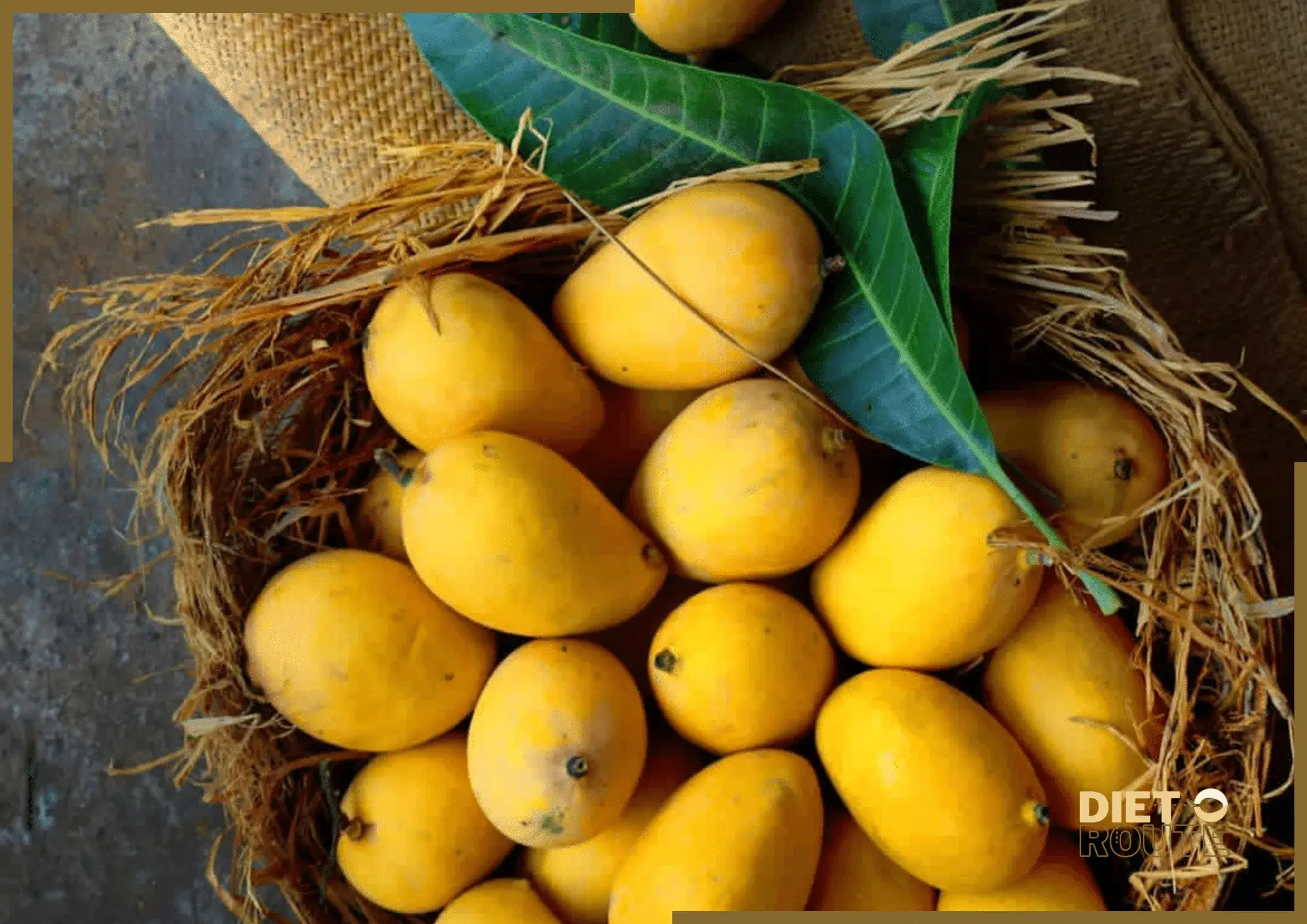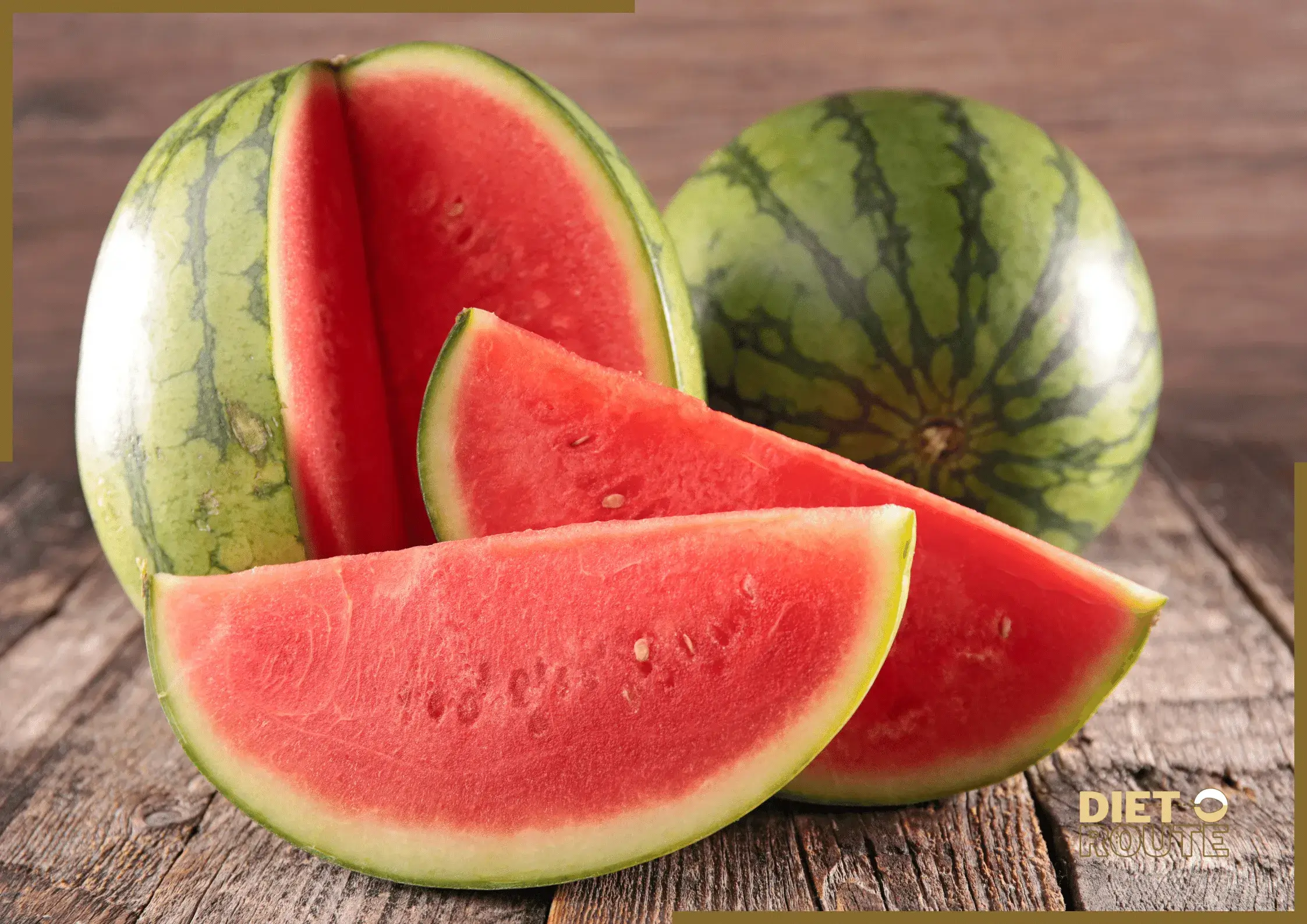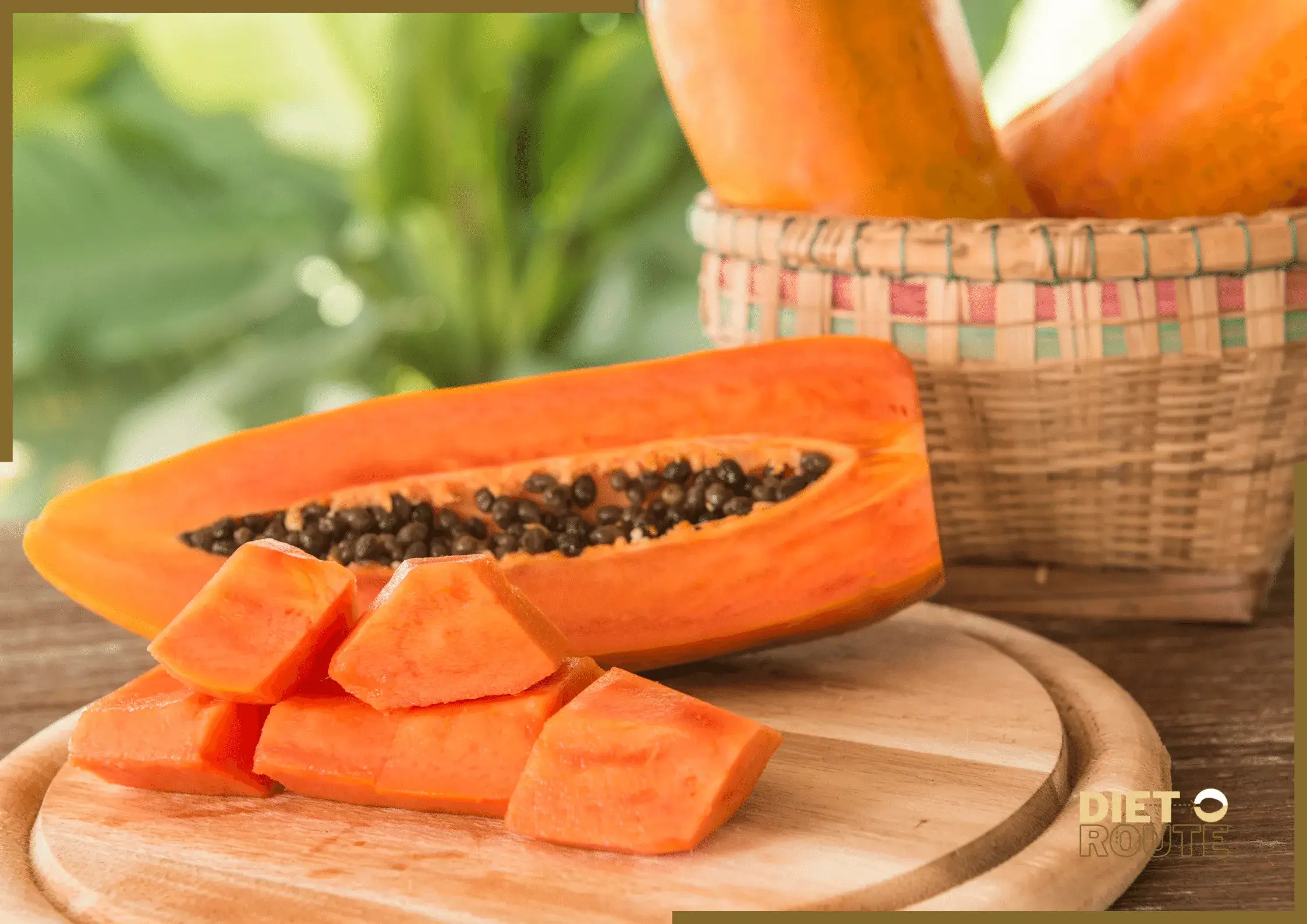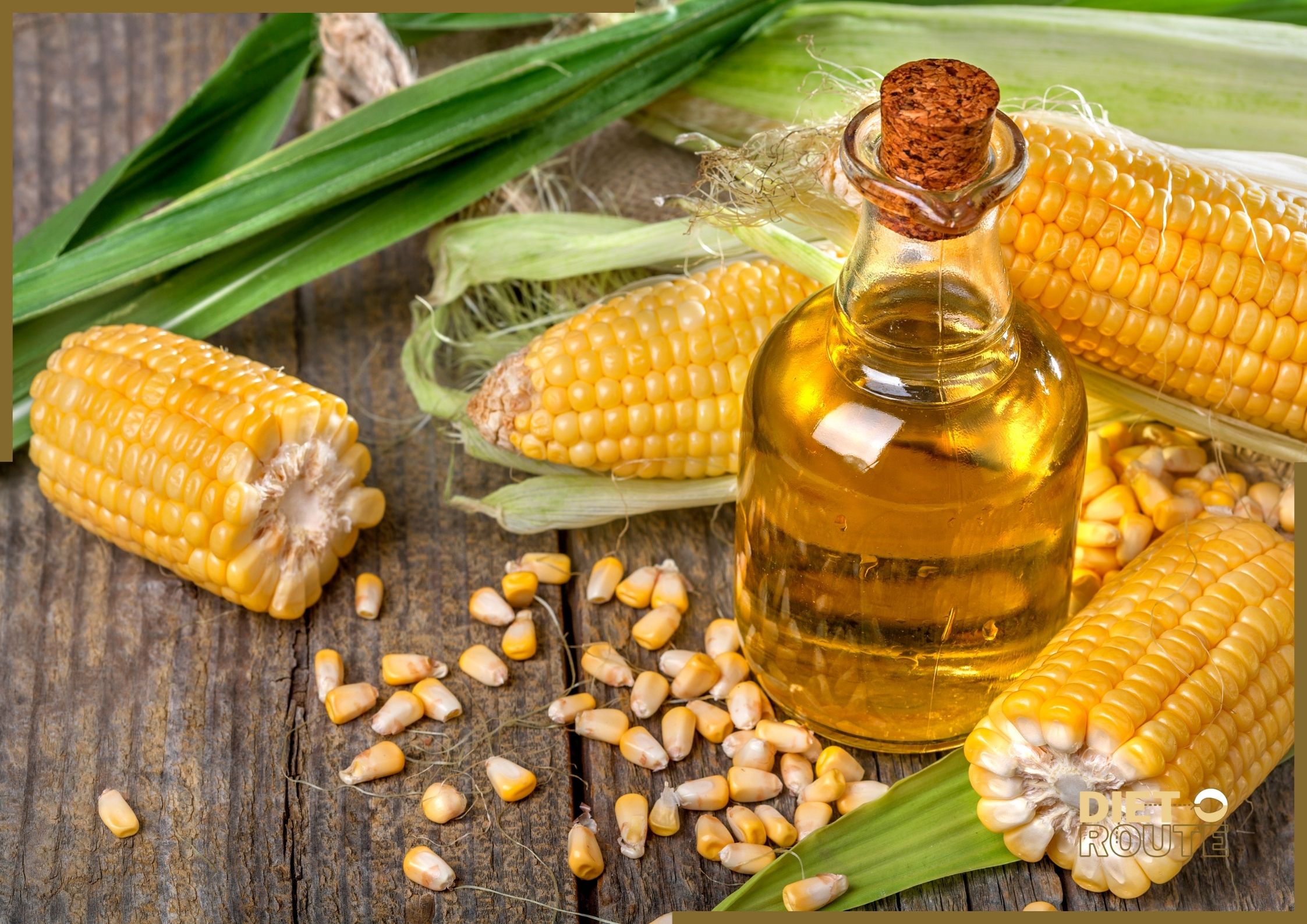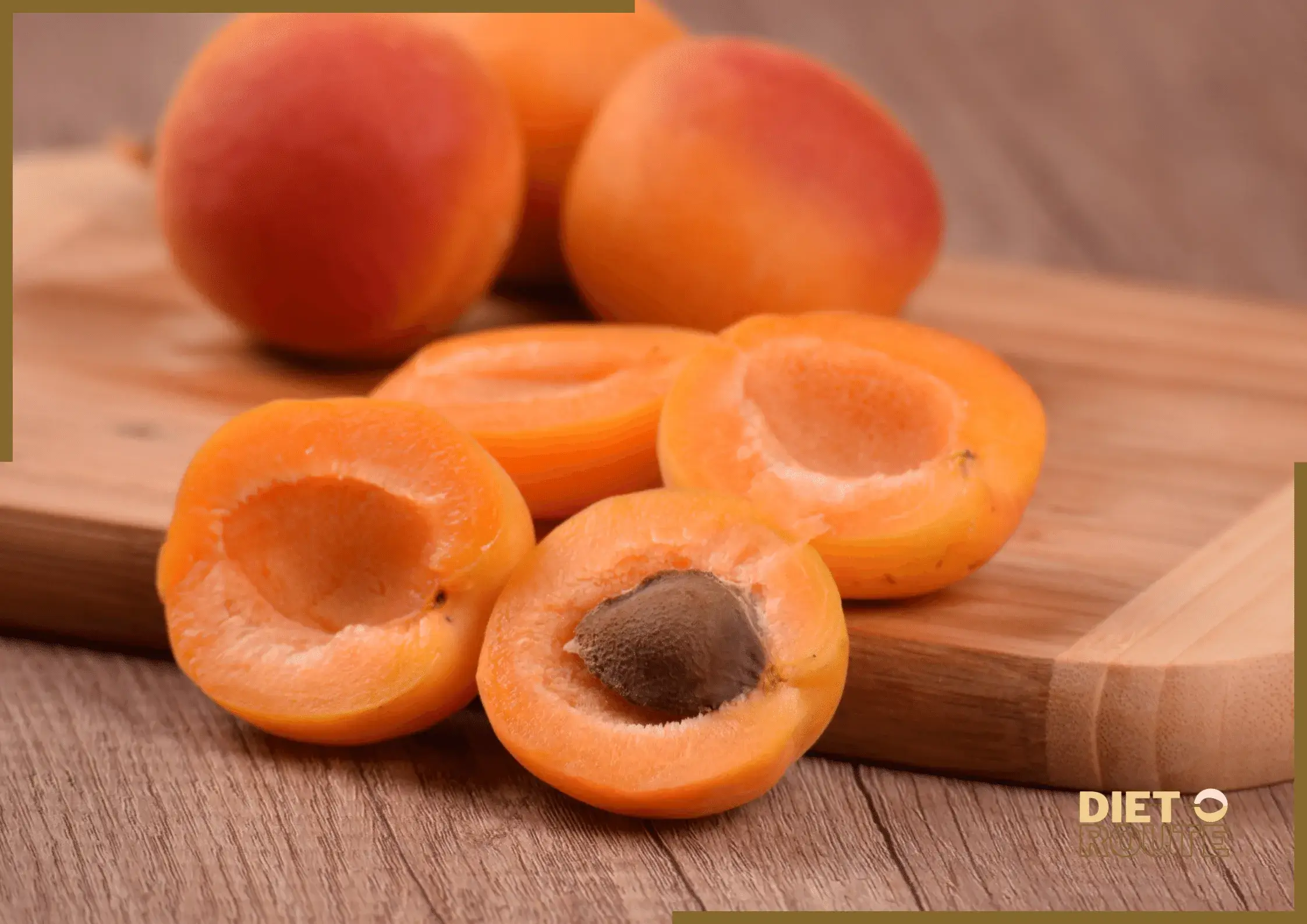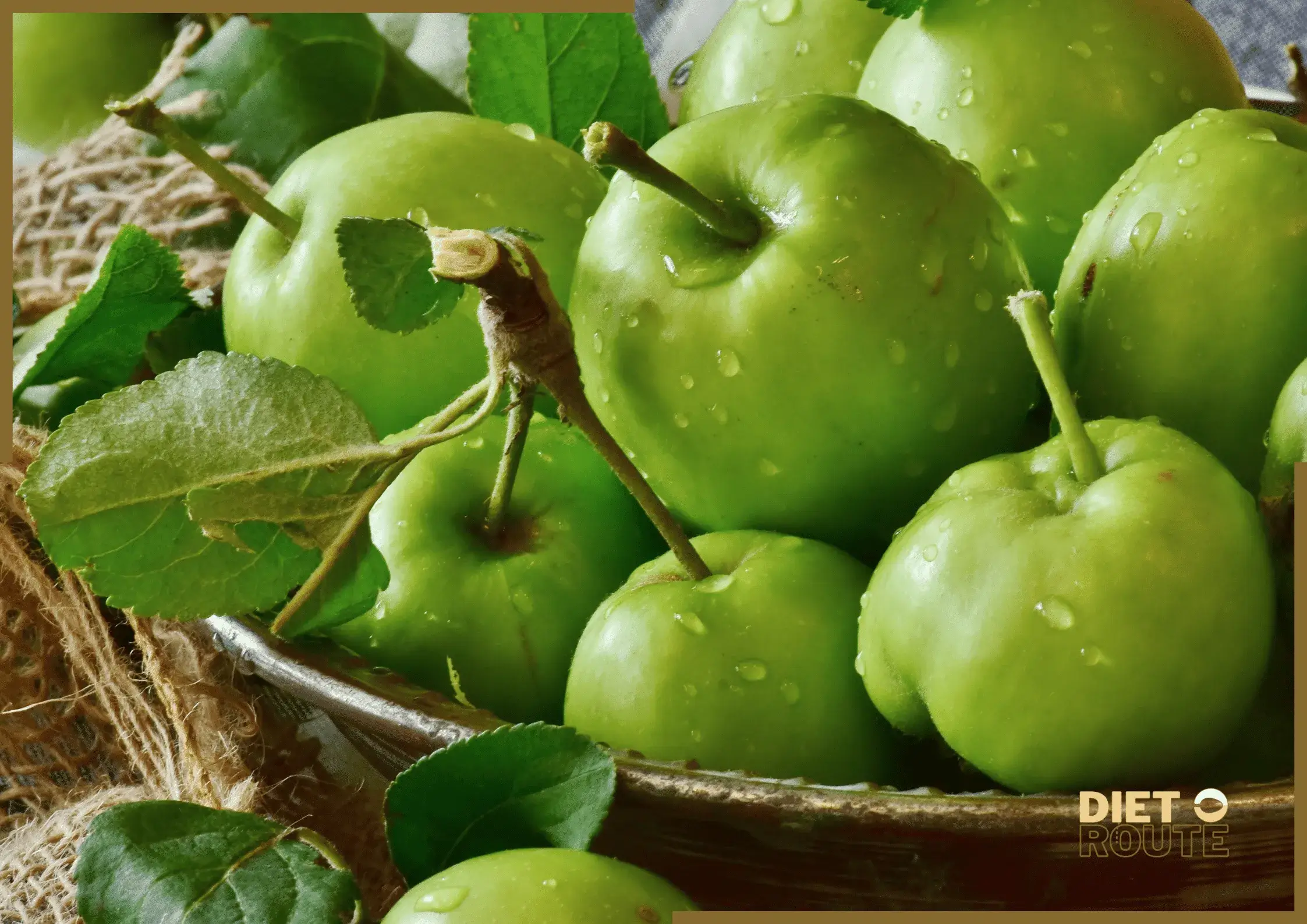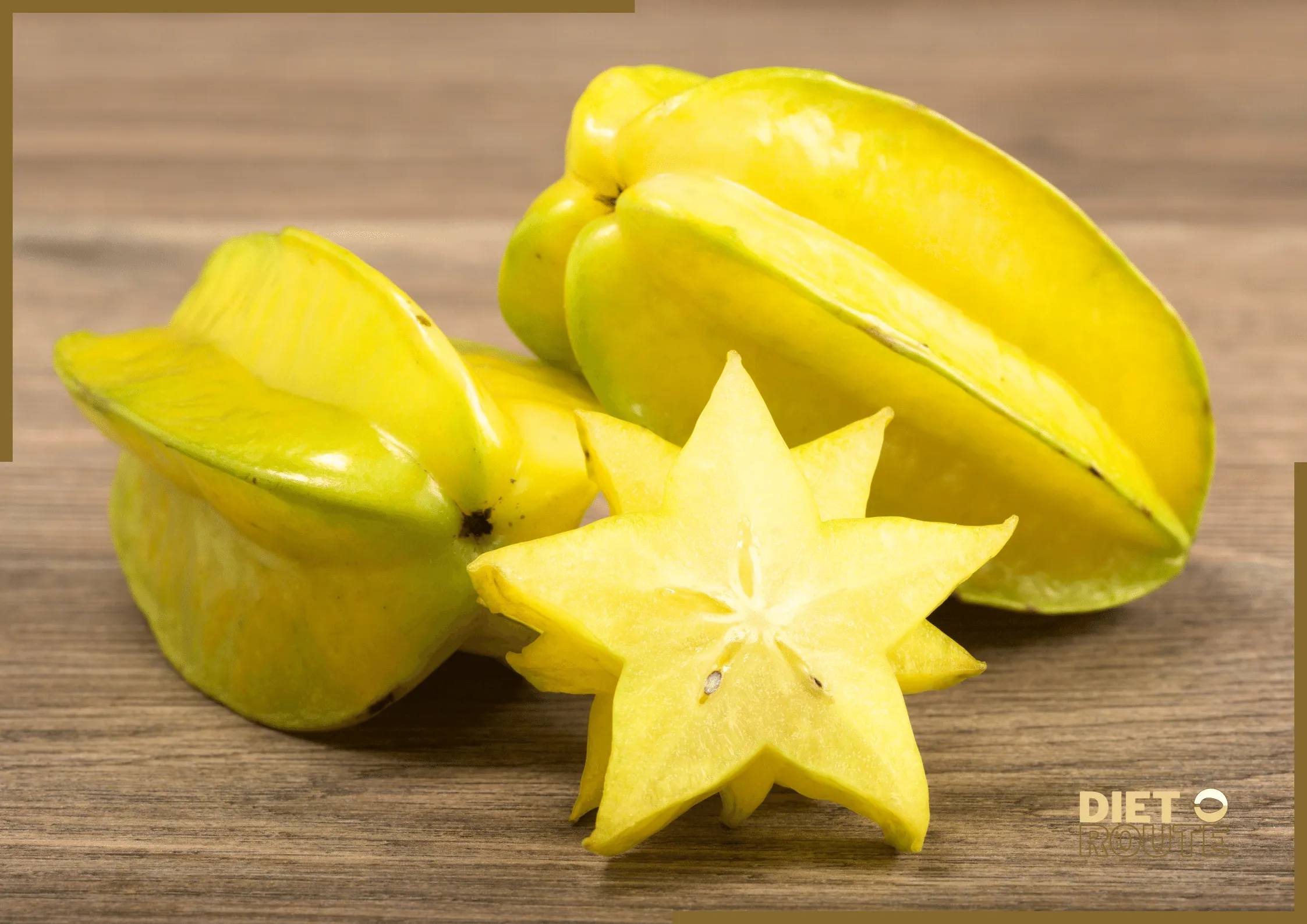Introduction
Mango is a delicious tropical fruit renowned for its succulent and sweet taste. This article presents a tabular breakdown of the nutritional value, including the daily percentage value (% DV). In this article, we will discuss the advantages and disadvantages and provide answers to ten commonly asked questions (FAQs). Explore the health advantages of the King of fruit and learn why it’s a delectable inclusion in your diet.
Table of Contents
Nutritional Value Approximately 100g
The values provided are approximate can vary depending on the size and ripeness.
| Nutrient | Amount Per 100g | % Daily Value* |
| Calories | 60 kcal | 3% |
| Carbohydrates | 15 g | 5% |
| Fiber | 1.6 g | 6% |
| Sugars | 14 g | – |
| Protein | 0.8 g | 1.5% |
| Fat | 0.4 g | 0.5% |
| Vitamin C | 36.4 mg | 60% |
| Vitamin A | 1544 IU | 31% |
| Vitamin E | 0.9 mg | 4.5% |
| Potassium | 156 mg | 3.5% |
*Percent Daily Values (% DV) are based on a 2,000-calorie diet.
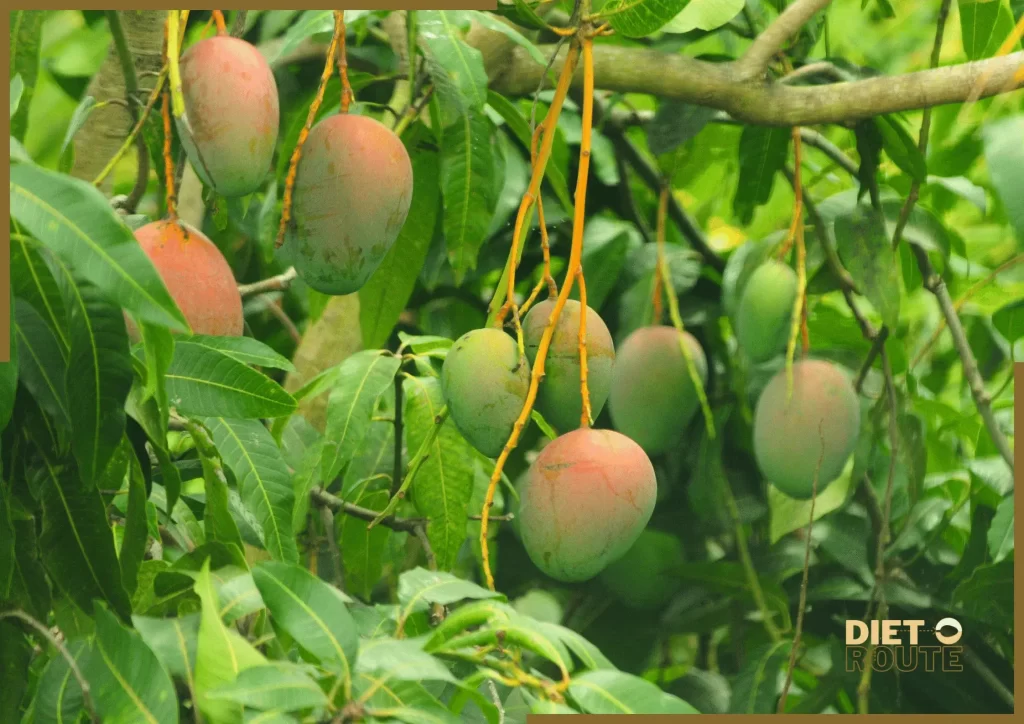
Pros
1.Mango is a vitamin-rich fruit that provides a significant amount of vitamin C. This vitamin is essential for supporting immune function, collagen synthesis, and antioxidant protection.
2. This food item is a rich source of vitamin A, which can help in maintaining good immune function and promoting healthy vision.
3. It is a great source of dietary fibre that can aid in digestion, promote satiety, and support healthy bowel movements.
4. It is a great source of antioxidants such as vitamin C and beta-carotene. These antioxidants can effectively safeguard cells from damage caused by harmful free radicals.
5. It is beneficial for eye health due to its high vitamin A content. It helps in maintaining healthy vision and prevents night blindness.
6. It is a great source of hydration support due to its high water content. It helps in maintaining fluid balance in the body.
Cons
1. Mango is a fruit that has natural sugars, hence people with diabetes or those who are keeping a check on their sugar intake should consume it in moderation and keep a tab on their overall carbohydrate consumption.
2. It is possible for certain individuals to have an allergic reaction to mango. In case of any negative responses like itching, swelling, or breathing issues, it is recommended to seek medical assistance.
Frequently Asked Questions (FAQS)
1.Can mango aid in weight management?
It is an excellent addition to a weight management plan due to its low calorie content, high fibre content, and satisfying sweetness. Importance of Portion Control.
2. Is Mango Safe for Diabetics?
It can be consumed in moderation as a part of a balanced meal plan by people with diabetes. Monitoring blood sugar levels and considering the total carbohydrate intake are crucial for maintaining optimal health.
3.Can consuming mango enhance digestion?
It is a great source of dietary fibre that can promote good digestion and help maintain regular bowel movements. This could potentially relieve symptoms of constipation.
4. Is it safe to consume mango while pregnant?
The consumption in moderation is considered safe during pregnancy. This product offers vital nutrients and vitamins. It is recommended to seek guidance from a healthcare expert for tailored recommendations.
5. Is Mango Beneficial for Skin Health?
It is a great source of vitamin C and antioxidants that can help promote collagen production and protect your skin from oxidative damage, resulting in healthier skin. Maintaining a balanced diet is essential for optimal skin health.
6. Are there any hair health benefits of consuming mango?
It is a great source of vitamin A that can help in promoting healthy hair growth and supporting the production of sebum, which is essential for moisturising the scalp. Optimal hair health requires a balanced diet and appropriate hair care.
7. Can consuming mango aggravate acid reflux or heartburn symptoms?
It can cause acid reflux or heartburn in certain people because of its acidic properties. To prevent discomfort, it is recommended to reduce or eliminate the intake of mangoes.
8. Is it safe to eat mango with skin?
The skin is generally not eaten because of its rough consistency and possible contact with pesticides. Peeling the mango before consumption is a recommended practise.
9. Is mango gluten-free and suitable for a gluten-free diet?
It is a great addition to a gluten-free diet as it is naturally free of gluten.
10. Is Mango Safe for Infants and Toddlers?
It is a suitable option for introducing solid foods to infants and toddlers. To avoid any risks of choking, it is recommended to serve in small, easily chewable pieces that are ripe and soft.
In a Nut Shell
Mango is a highly nutritious and delectable tropical fruit that offers a variety of vitamins, antioxidants, and dietary fibre. It is a highly nutritious fruit that provides a wealth of health benefits due to its rich content of vitamins C and A, antioxidants, and ability to support hydration. Moderation is recommended for people with diabetes when consuming this fruit, while individuals with mango allergies should be careful. Savour the unique taste and nutritional benefits by incorporating it into various dishes, enjoying it as a snack, or blending it into smoothies.
